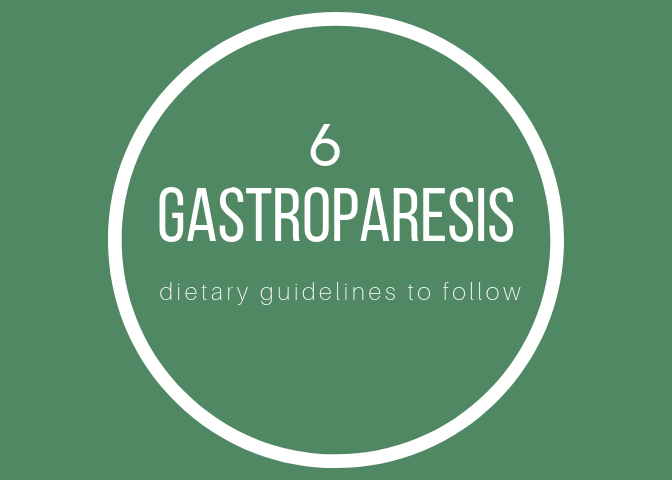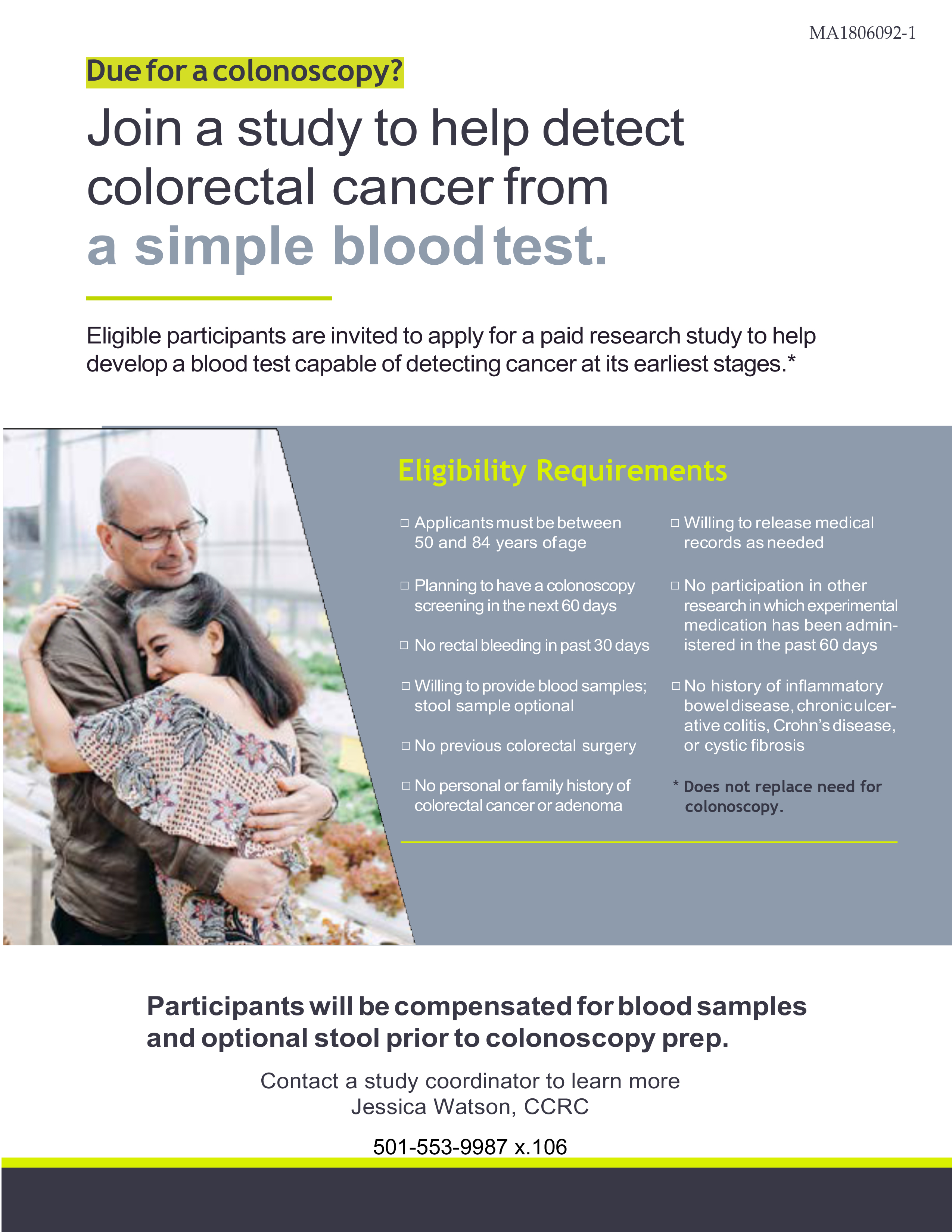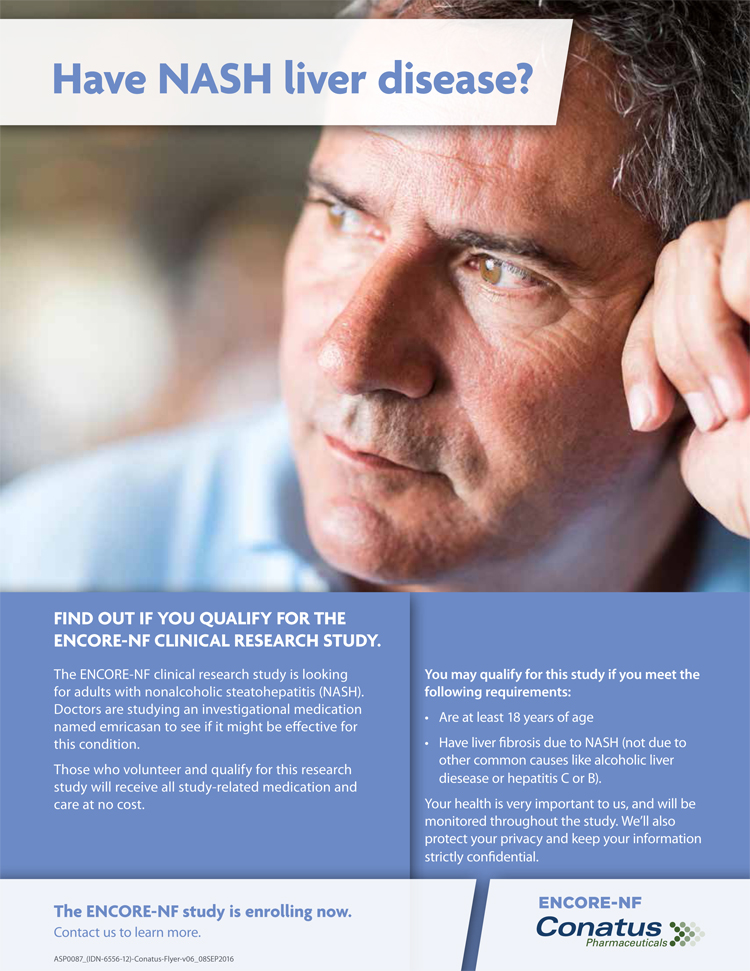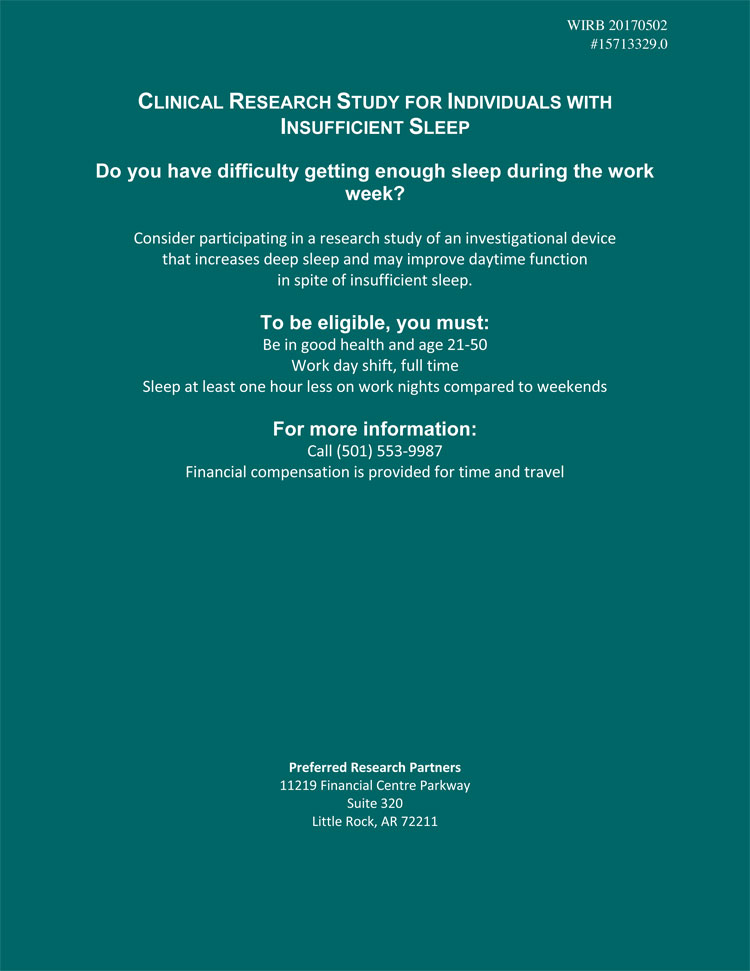Living with a gastrointestinal condition like gastroparesis that affects the normal movement of muscles and therefor digestive system in your stomach can be difficult and very frustrating. Gastroparesis complications can interfere with everyday activities like exercise, sleeping and most importantly, eating. Certain foods, strategies and medications can help or hurt your gastroparesis and either support or interfere with your digestion complications. Check out the list below for some adjustments you can make to your diet.

- Avoid foods in high fat – High fatty foods will increase the amount of time food stays in the stomach.
- Chew your food completely before swallowing – Solid foods do not empty as well as food that is finely chewed.
- Indulge in a diet that is low in fiber – Fiber delays gastric emptying. Fiber also is known to bind together which makes it harder for the stomach to digest.
- Drink lots of fluids throughout your meal – Fluids will help the move your food around for better digestion
- Sit up straight after meals and go for a walk – Your body position and movement’s better help the digestion process and emptying the stomach.
- Reduce meal size – Smaller meals will allow the stomach to empty at a quicker pace.
If you are living with gastroparesis and are looking for new treatment options, consider a research study with us today! Fill out your information below and a study representative will be in touch with you shortly.











